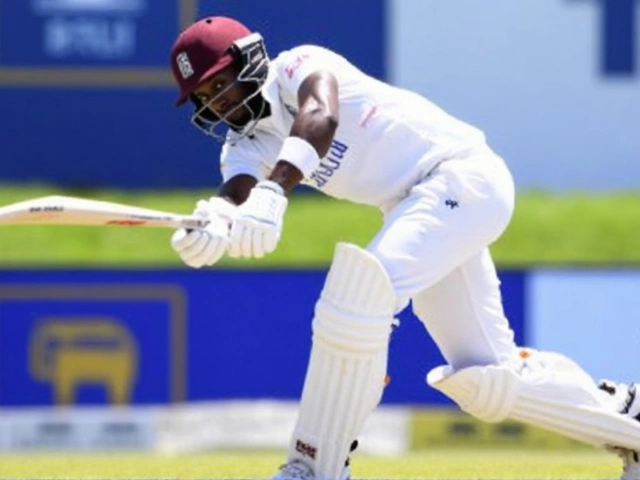Clinical Trial Insights for Coaches and Athletes
If you’ve ever wondered how new training methods move from the lab to the field, the answer lies in clinical trials. These studies test ideas—like a new warm‑up routine or a nutrition supplement—on real athletes to see if they really work. As a coach, understanding the basics helps you spot useful research and avoid hype.
Why Clinical Trials Matter in Sports
Unlike anecdotal tips that spread on social media, a well‑run trial follows strict rules. Participants are split into groups, one gets the intervention and the other a control, and outcomes are measured with tools that minimize bias. This process gives you numbers you can trust, whether you’re looking at injury rates, sprint times, or recovery speed.
When a trial shows a clear benefit, you can apply the finding with confidence. For example, a recent study on cold‑water immersion after intense drills reduced muscle soreness by 20 %. Knowing the details—how long athletes stayed in the water, the temperature, and the timing—lets you replicate the protocol in your own program.
How to Find Reliable Trials
Start with reputable sources: sports medicine journals, university research sites, and databases like PubMed. Look for keywords such as "randomized controlled trial" and "double blind"—they signal higher quality. Skim the abstract for the sample size (bigger groups usually mean more reliable results) and the population (make sure the athletes match your team’s age, gender, and sport).
Don’t forget to check the funding. Trials sponsored by a product’s manufacturer can still be solid, but you’ll want to see if the authors declared any conflicts of interest. Transparency is a good sign that the study was conducted ethically.
Once you identify a promising trial, read the methods section. It tells you exactly how the researchers ran the study—what equipment they used, how often the intervention was applied, and how outcomes were measured. This detail is crucial for translating the lab protocol into a real‑world training session.
Finally, discuss the findings with your athletes. Explain why you’re trying a new approach and what the expected benefits are. Involving them in the decision‑making process boosts buy‑in and helps you collect informal feedback on how the change feels on the ground.
Clinical trials aren’t just for doctors; they’re a powerful tool for anyone serious about improving athletic performance. By learning to read the research, you can bring evidence‑based practices to your team and stay ahead of the curve.
Kieran Lockhart, May, 22 2025
New Antibiotic Gepotidacin Achieves Breakthrough Against Drug-Resistant Gonorrhea in Major Trial
Gepotidacin, a first-in-class oral antibiotic, has shown a 93% success rate against drug-resistant gonorrhea in a large phase 3 trial, rivalling existing treatments. Oral dosing could boost accessibility, while parallel discoveries target resistant strains. The WHO urges urgent action as resistant gonorrhea becomes harder to treat.
View More



